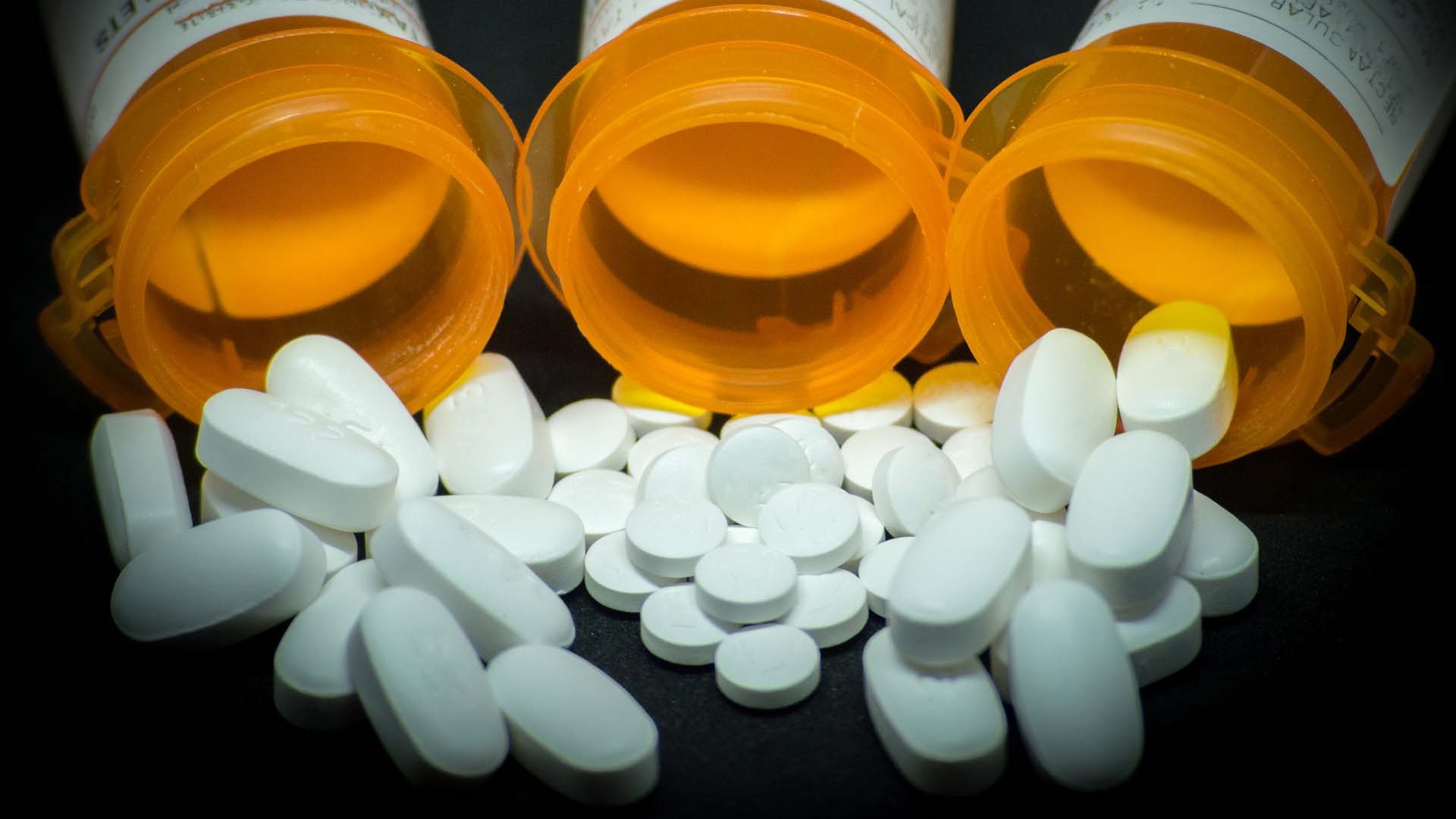Pharmaceutical companies issued two more recalls for blood pressure medications on Friday because of potential cancer-causing impurities, making it four recalls in one week. They are part of an ongoing string of recalls that started in July 2018.
Torrent Pharmaceuticals Limited recalled 60 lots of Losartan potassium tablets USP and 54 lots of Losartan potassium/hydrochlorothiazide tablets due to the detection of trace amounts of N-Methylnitrosobutyric acid (NMBA). Torrent said it was only recalling those lots in which NMBA was above the acceptable daily intake levels released by the FDA.
You can see the affected lots at this link.
AurobindoPharma USA, Inc. also announced Friday it is recalling 38 lots of Valsartan and Amlodipine and Valsartan tablets. The impurity found is N-nitrosodiethylamine (NDEA). The recall is an expansion of one it issued on December 31, 2018.
More details on this recall can be found at this link.
Macleods Pharmaceuticals Limited issued a recall on one lot of Losartan Potassium/Hydrochlorothiazide combination tablets for NDEA on February 22.
Camber Pharmaceuticals, Inc., recalled 87 lots of Losartan Tablets on February 28 for NMBA. It was the first of all the recalls since last summer that involved NMBA. The others were for NDEA and N-nitrosodimethylamine (NDMA).
That prompted the FDA to issue a statement on Friday.
“We are deeply concerned about the presence of a third nitrosamine impurity in certain ARB (angiotensin II receptor blocker) medications, but it’s important to underscore that, based on the FDA’s initial evaluation, the increased risk of cancer to patients with NMBA exposure appears to be the same for NDMA exposure but less than the risk from NDEA exposure," FDA Commissioner Scott Gottlieb said in a statement. "That said, any presence of such impurities in drug products is not acceptable."
The FDA said the impurities might be happening when specific chemicals and reaction conditions are present in the manufacturing process of the drug’s API (active pharmaceutical ingredients). It may also result from the reuse of materials, such as solvents.

